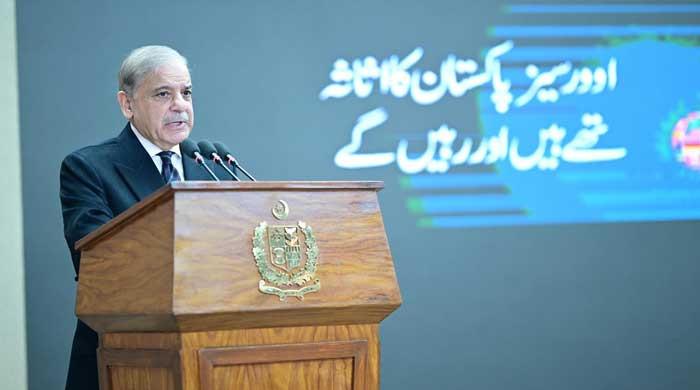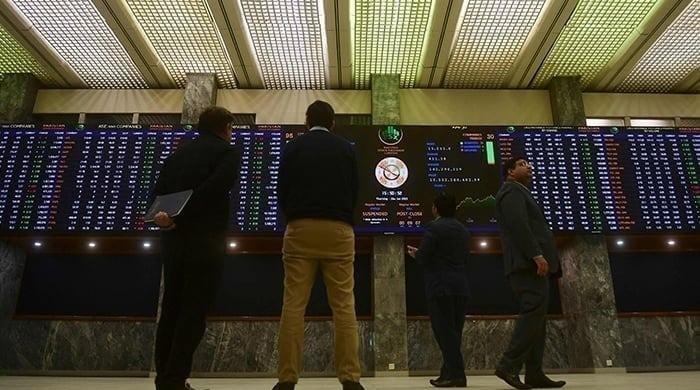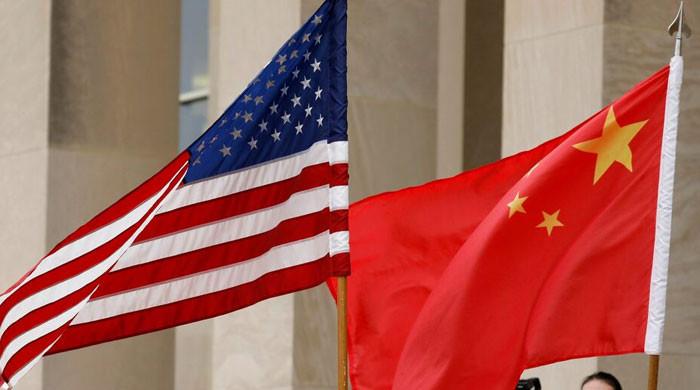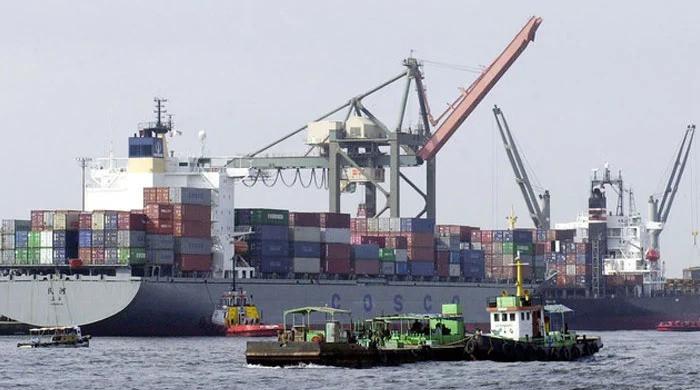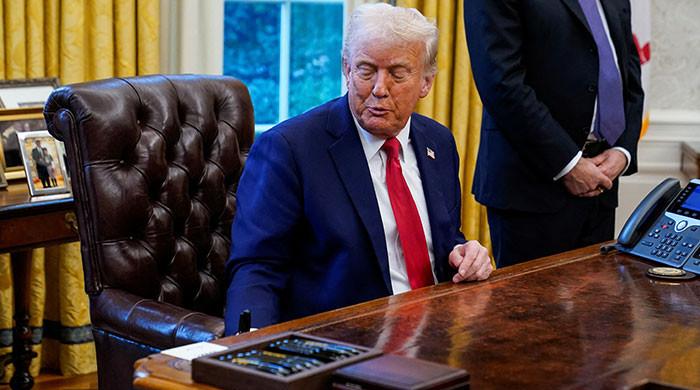Government considering setting up national food authority to monitor inflation
Since Pakistan doesn't have a food control regulatory authority at the moment, nutritional and health outcomes for population are reduced
May 19, 2021
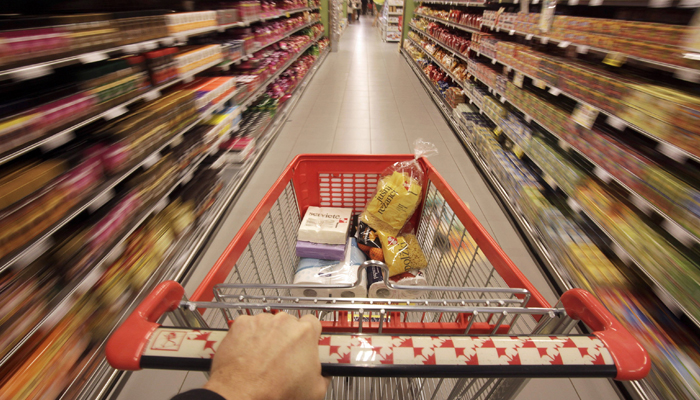
- The government is thinking of different options, including the establishment of the Pakistan Food Authority, to monitor rising inflation.
- Presently, the government of Pakistan does not have a regulatory authority for food control.
- Since Pakistan doesn't have a regulatory authority at the moment, nutritional and health outcomes for the population are reduced.
Replicating the models of the USA, UK, Australia, and India, the government is thinking of different options, including the establishment of the Pakistan Food Authority (PFA), to monitor rising inflation.
Presently, the government of Pakistan does not have a regulatory authority for food control.
According to The News, the authorities are considering different proposals and one of them is the establishment of the PFA to have one food market and one law.
Regulatory mechanisms in Pakistan
The regulatory mechanisms in Pakistan currently extend to a range of critical commodities and services, such as drugs, electricity, oil, gas, telecommunications, media, aviation, money, and chemicals, which are governed by independent federal regulatory authorities.
These regulatory authorities address the need for equity in quality and pricing and balance public and private interests by employing a range of economic and administrative measures.
Since Pakistan doesn't have a regulatory authority at the moment for food control, nutritional and health outcomes for the population are reduced.
The increased health costs, reduced economic productivity due to food-induced illness, impairment, and death and reduced growth and innovation in the agriculture sector has reduced domestic economic earnings from the agriculture and food sectors.
Moreover, the absence of a regulatory body also reduced international trade and losses in foreign earnings (unrealised and rejected exports).
Read more: Prices of sugar, ghee, wheat, expected to go up in utility stores
Establishment of PFA
To ensure the population’s access to safe and nutritious food at affordable prices in Pakistan’s singular food market and to remove barriers to growth in the domestic and international food trade, official sources said that Pakistan should consider the establishment of an independent federal food regulatory authority.
The PFA, potentially located in the cabinet division, would have the responsibility for national food control systems (legislation, standards, policy, and pricing), while the implementation and enforcement of the food control systems would remain the responsibility of the existing federal and provincial institutions.
Keeping food safe is a complex process that starts on the farm and ends with the consumer.
High-quality food control systems require the translation of global best practices to the national level.
The Food and Agriculture Organisation of the United Nations can be approached to technically advise the government of Pakistan on the development of a national regulatory authority for food control, in line with global best practice, an official said.




